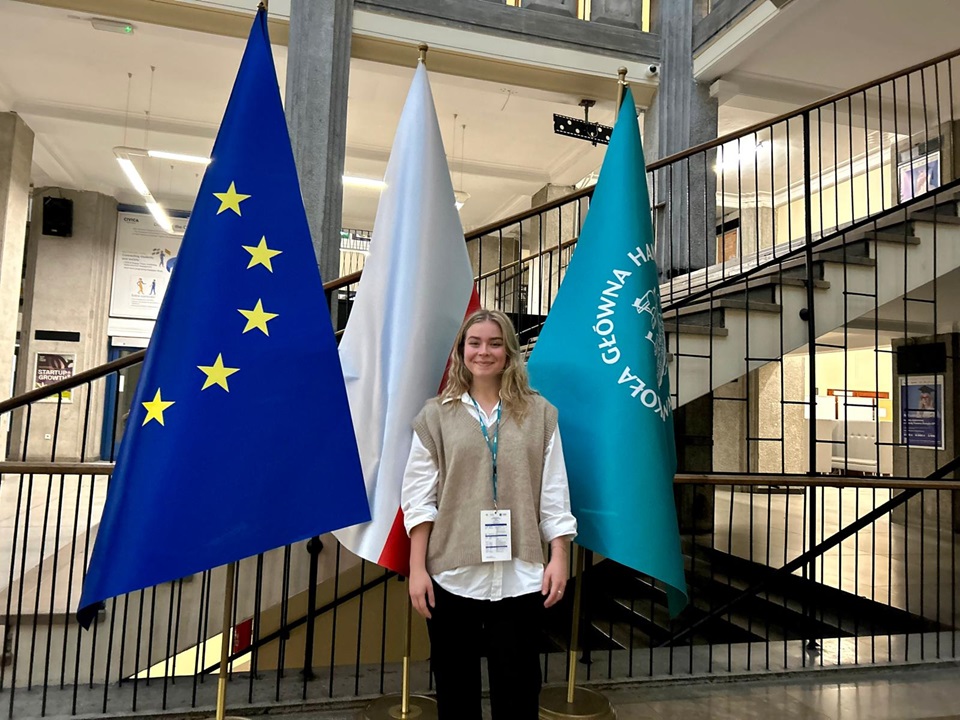
The MOOC "Democracy and Autocracy in the EU's Eastern Neighbourhood" registration now open to everyone
Are you interested in expanding your horizons and critically assessing the prospects for democracies and autocracies in the EU’s Eastern Neighbourhood? Would you like to gain a more nuanced understanding of the region and have the opportunity to apply newfound knowledge practically? Then this course is tailored for you!
In the MOOC "Democracy and Autocracy in the EU’s Eastern Neighbourhood," you'll delve into fundamental concepts while exploring key characteristics and features of democratic and autocratic systems. From understanding the conceptualization of the Eastern Neighbourhood to historical influences, this course offers a comprehensive exploration of the region's political tapestry. Throughout the five weeks, you'll acquire new knowledge and have the chance to reflect on and apply it, ensuring an enriching learning experience.
The MOOC is free of charge, fully online and offers a digital certificate upon successful completion of the course and additionally earns you 3 ECTS. Open to both University of Tartu students and the general public. Registration is open until October 31st.
- Tuition language: English D
- Course code in ÕIS: SVJS.TK.061
- Tuition fee: free
- Study format: online
- Duration: 04.11.2024 - 08.12.2024
- Registration deadline: 31.10.2024
Upon the successful completion of the course, you will be able to:
- Recognize key characteristics and features of democratic and autocratic systems.
- Analyze the historical factors shaping political systems in the Eastern Neighbourhood.
- Compare political systems, institutions, and electoral processes in the region.
- Evaluate variations in institutional arrangements and factors contributing to democratization or autocratization.
- Apply knowledge to analyze specific case studies from Eastern Neighbourhood countries.
- Develop critical assessment skills regarding the prospects for democracy in different contexts.
Enhance your career with a set of new skills, officially certified by the University of Tartu!
In addition to that, it may also help you start to prepare for your studies with us!
For more information and registration, visit this link or contact Anna Beitane, Manager of Online Learning Projects, at
This MOOC is developed within the Jean Monnet Center of Excellence "REPAIR" funded by the European Union (grant agreement 101085795). Views and opinions expressed are however those of the author(s) only and do not necessarily reflect those of the European Union or European Education and Culture Executive Agency (EACEA). Neither the European Union nor the granting authority can be held responsible for them.





